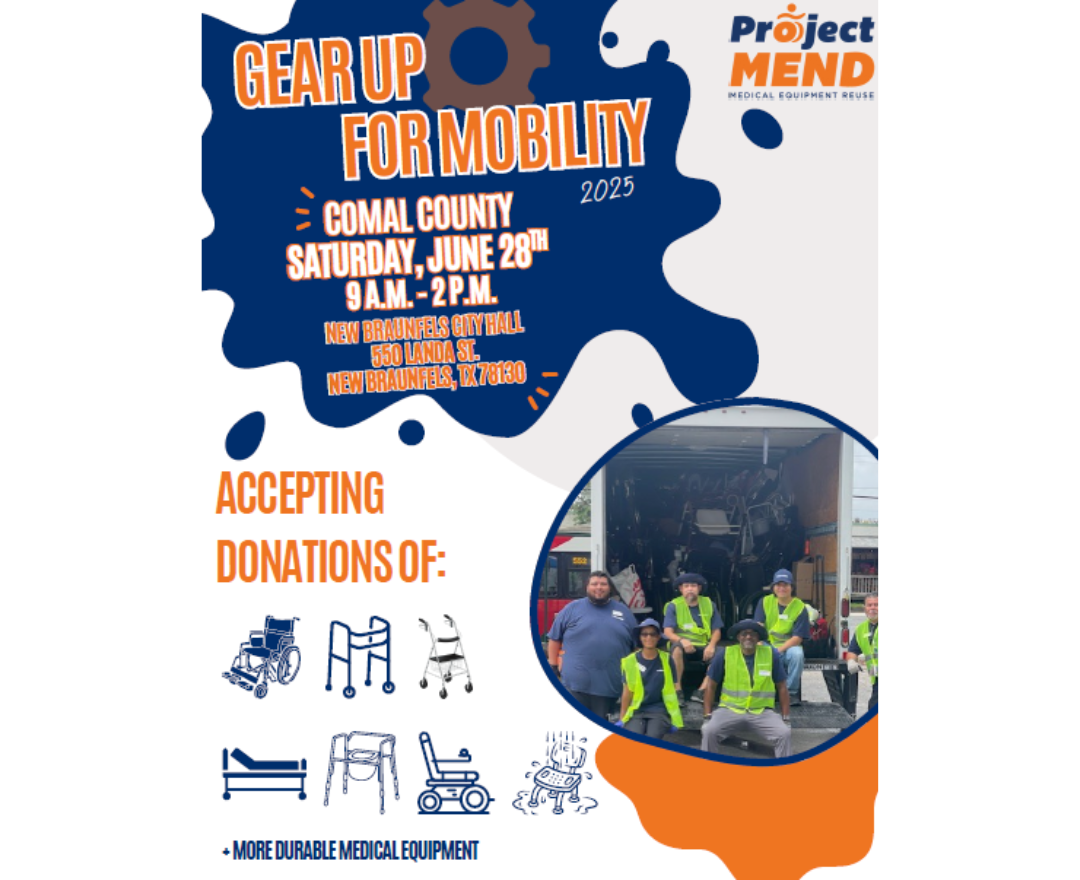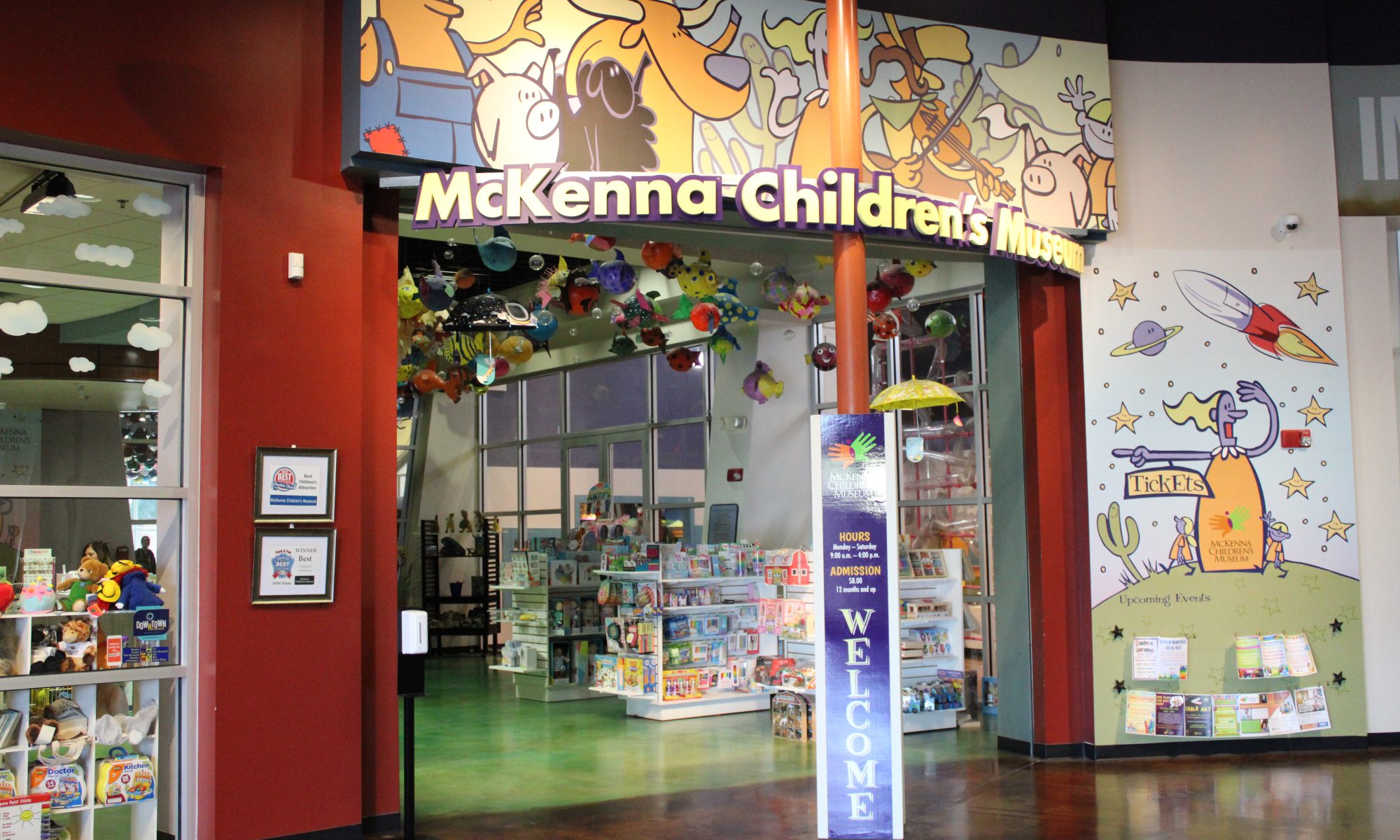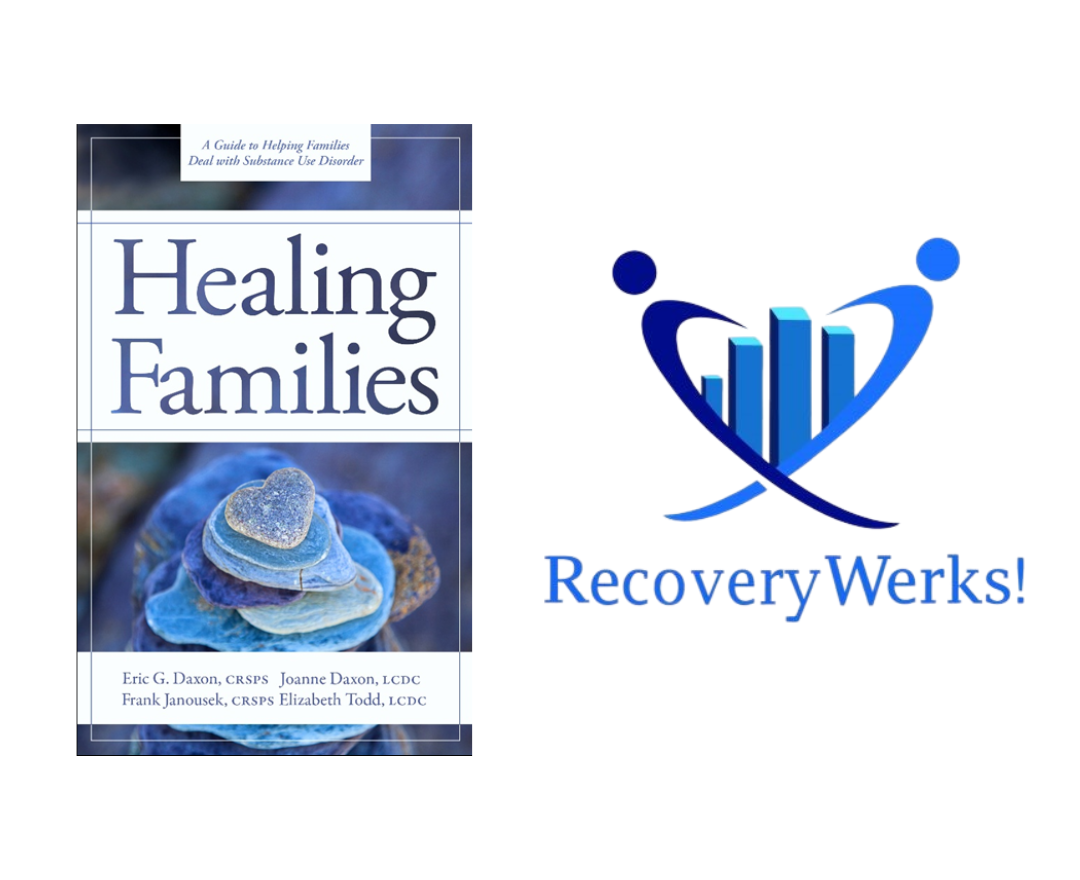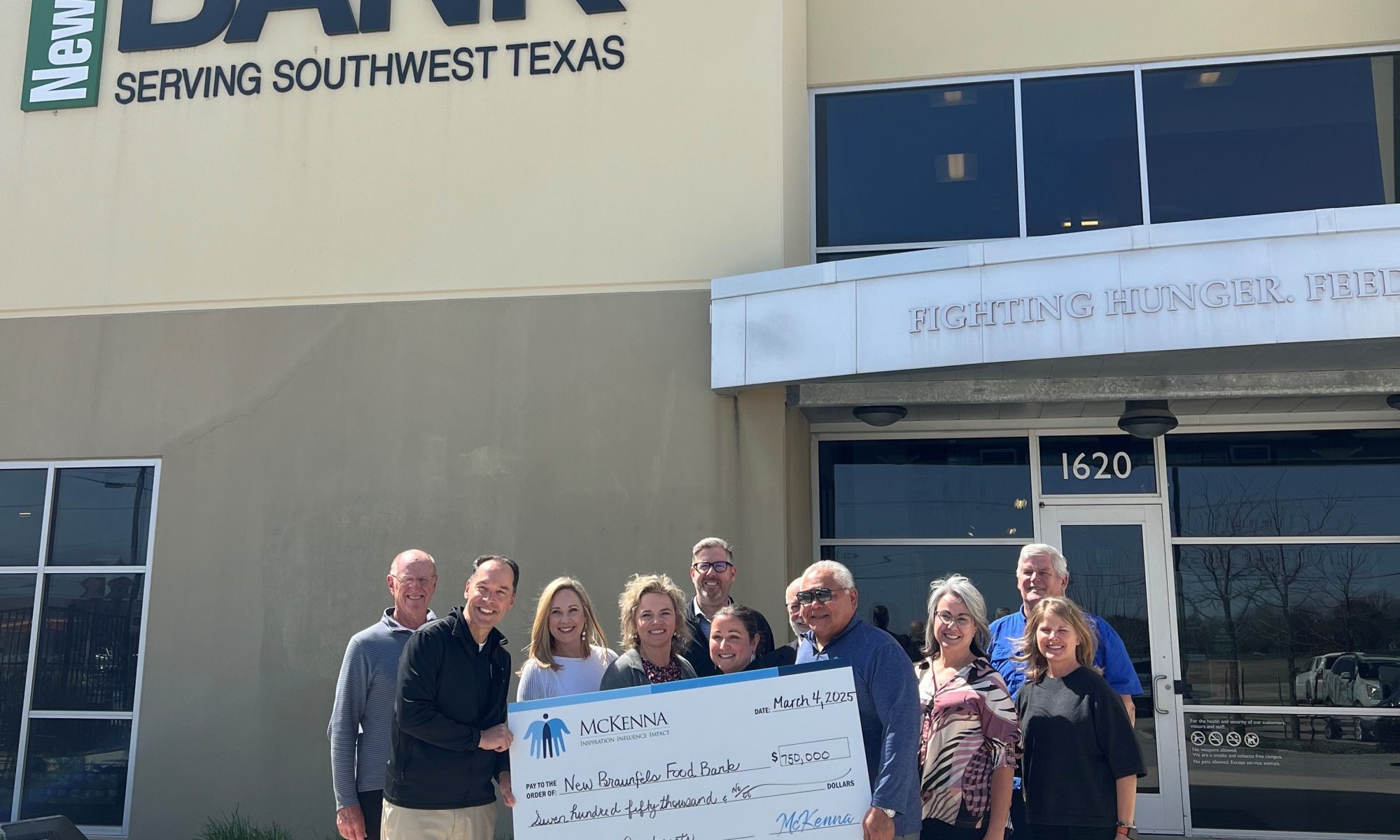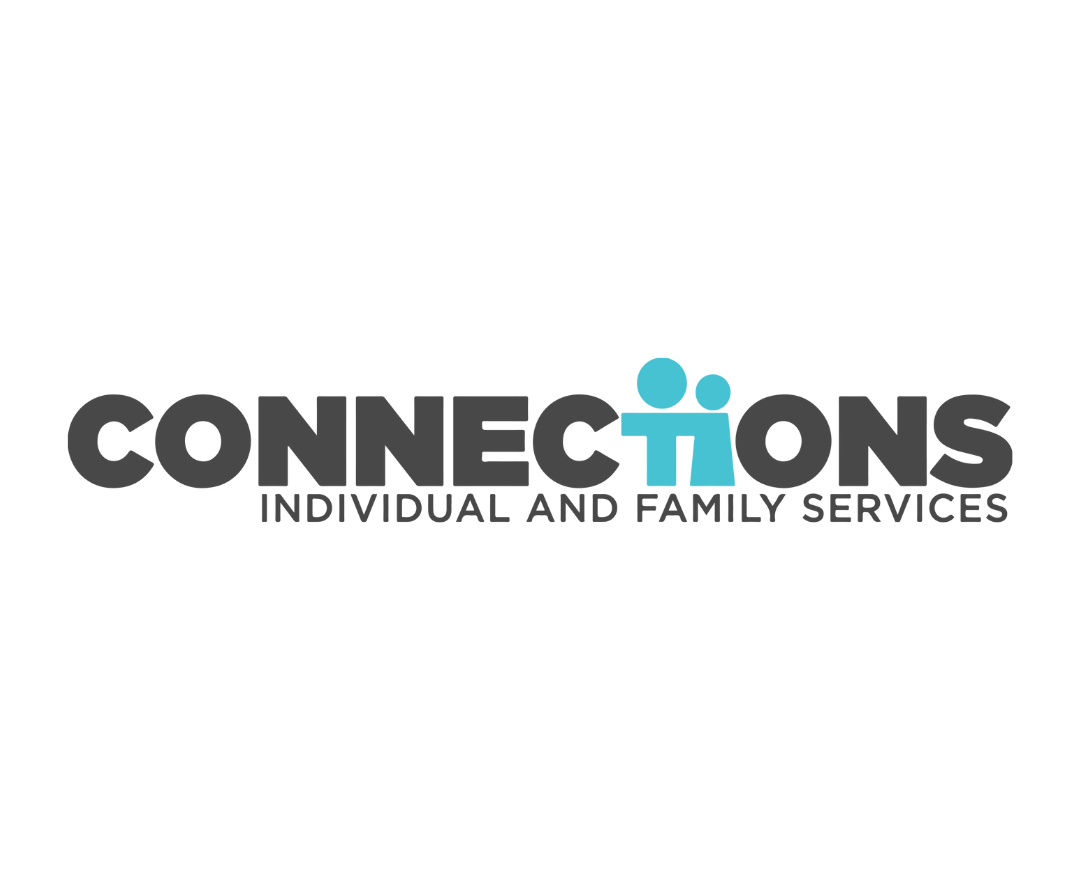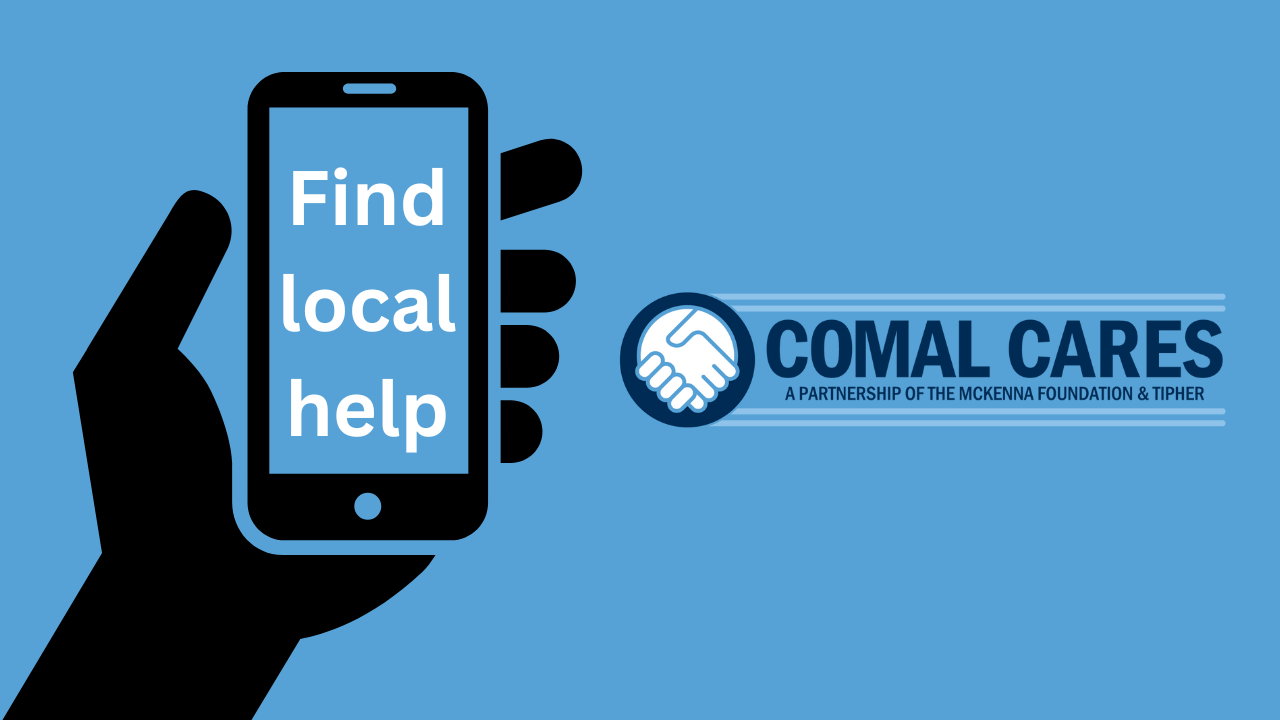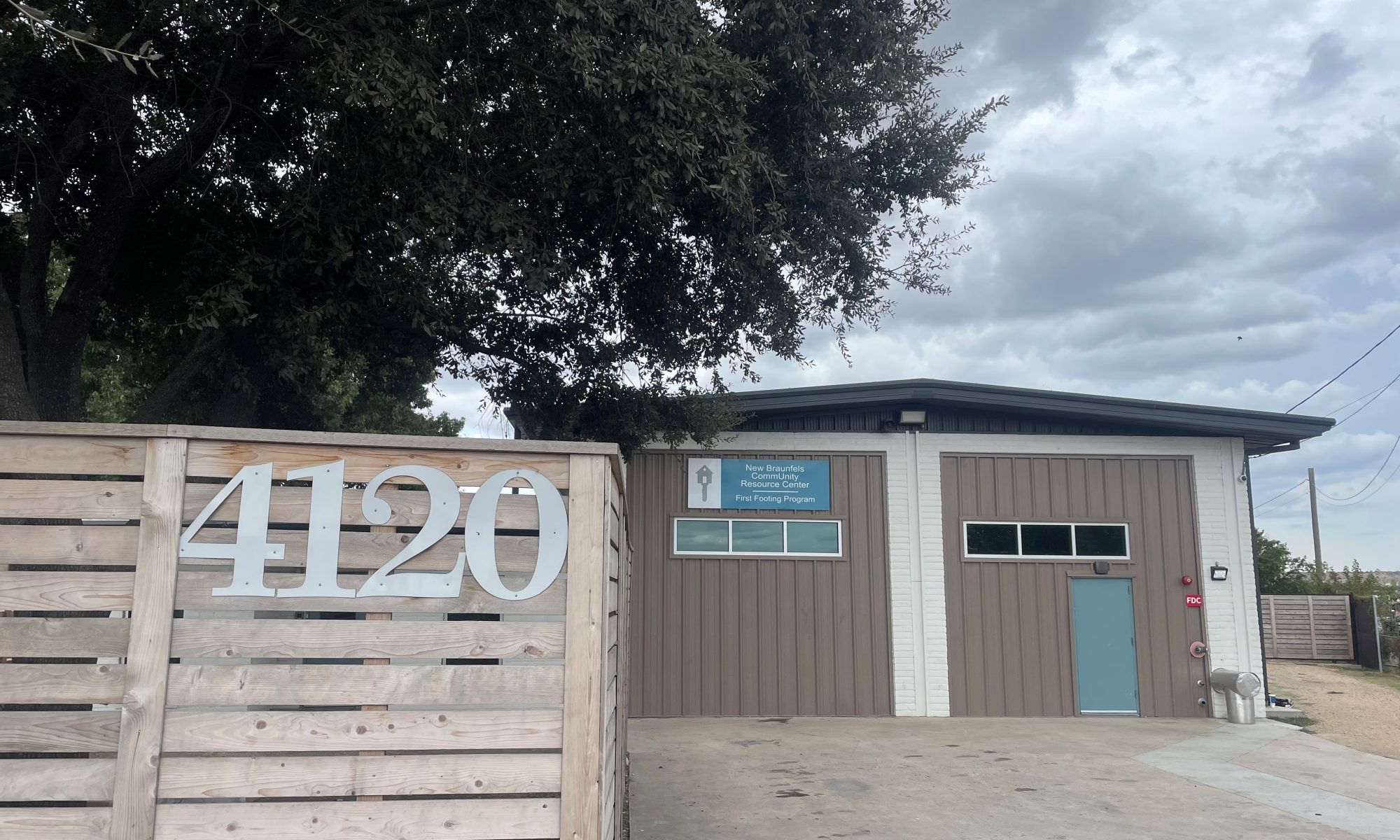Project MEND is excited to host its first Gear Up For Mobility event of the year, calling on the community to help make a meaningful difference in the lives of individuals with mobility challenges.
The Gear Up For Mobility event will take place on Saturday, June 28th, from 9 AM to 2 PM at New Braunfels City Hall, located at 550 Landa Street.
For over 30 years, Project MEND—or Medical Equipment Network for those with Disabilities—has transformed lives by refurbishing and redistributing medical equipment to those in need. Based in San Antonio, the organization provides thousands of people of all ages with access to medical equipment & assistive technology that improves mobility and independence.
Through collection events like Gear Up For Mobility, Project MEND gathers used medical equipment, evaluates its condition, then refurbishes and sanitizes it to meet state safety standards before passing it on to those who need it.
“Medical equipment you no longer use or need can make a profound difference in someone’s life,” said Project MEND Chief Development Officer Kristy Walston. “Donating equipment, regardless of its condition, can help restore mobility, independence, and dignity for individuals facing mobility challenges.”
With an increasing demand for assistive devices, Project MEND encourages the community to take part in this important initiative by donating unused medical equipment on June 28th.
Some of the most-needed items include rollator walkers, home hospital beds, wheelchairs, power wheelchairs, tub transfer benches, and raised toilet seating with handles.
If you are in need of medical equipment, you can request items online at projectmend.org or by phone at (210) 223-6363. Those requesting items must have a letter of medical necessity from their physician or a prescription.
Join Project MEND on June 28th and help Gear Up For Mobility—a single donation can change a life!
For more information, visit projectmend.org or follow @projectmendsa on social media.

